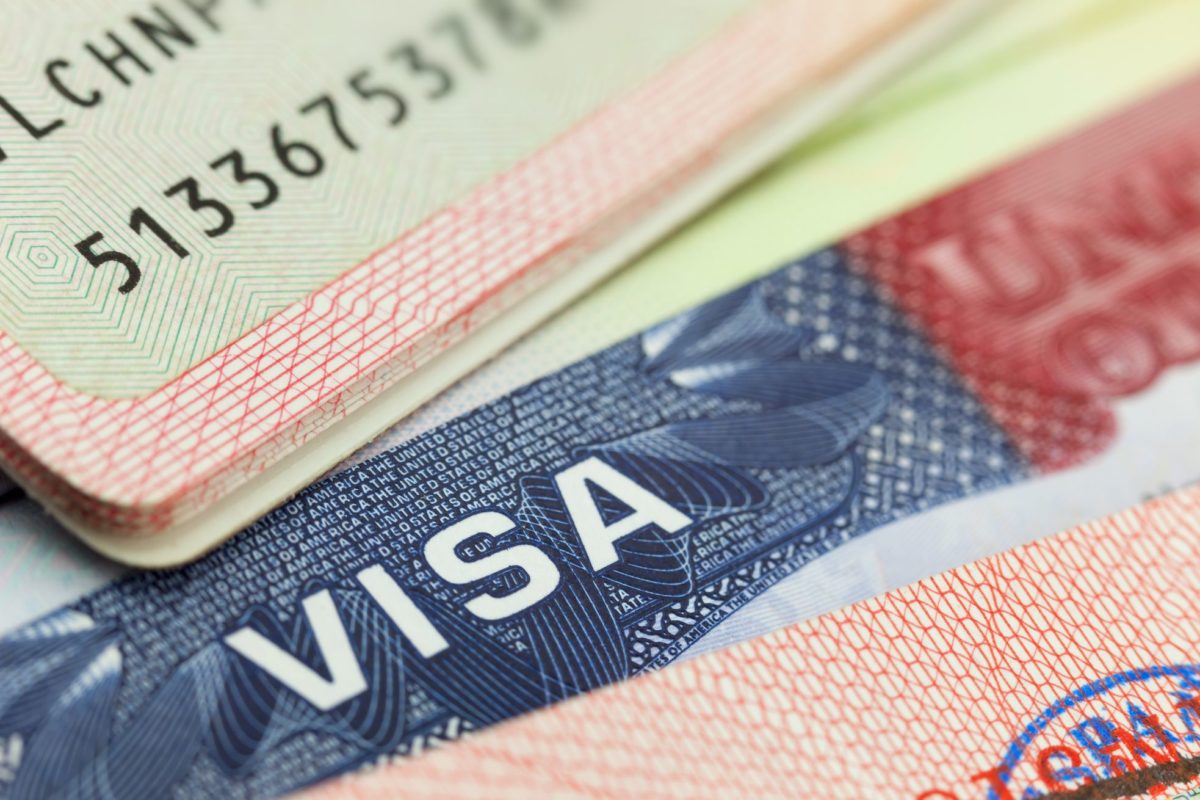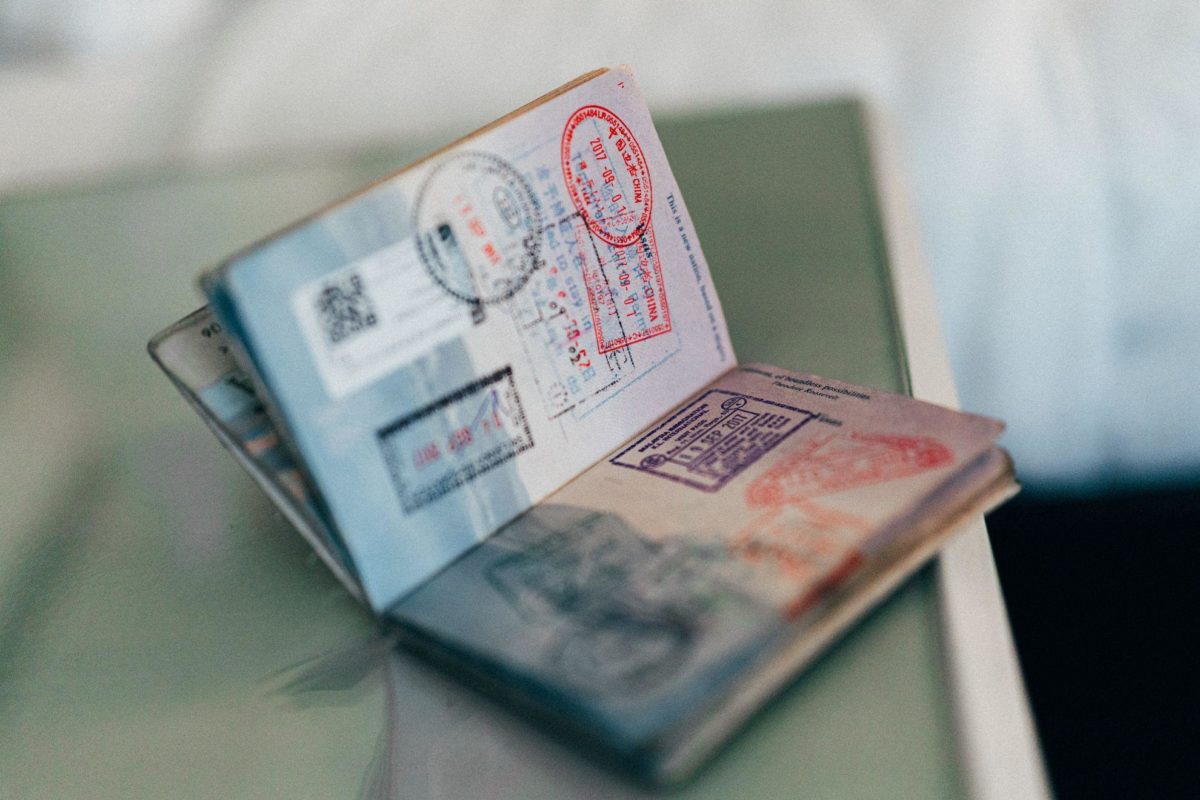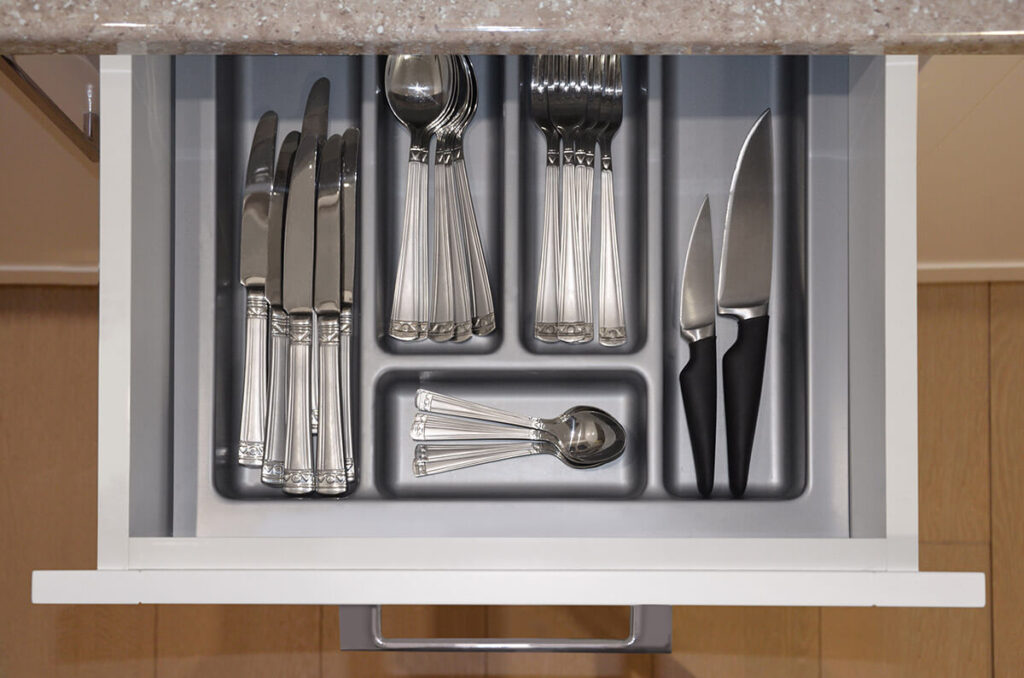Slowly but surely, Americans are starting to seek a life outside of the States. But what is even more shocking is the fact that so many of us are looking at how to immigrate to Canada. Not to Costa Rica, the Maldives, or some other paradise on Earth, but to the Great White North. Unlike some countries that have a few or none immigration programs, Canada has so many of them (more than 80), that it is becoming confusing for people who are trying to find out more about it. That is why we’ve decided to focus on those programs that are most useful and accessible for US citizens and talk about them in more detail.


Why Are So Many Americans Wondering How to Immigrate to Canada?
The exact answer to this question does not exist, but we can only guess. Some people probably think that living in -40 degrees Fahrenheit is good for their skin, or that running away from bears from time to time will keep them in shape. Perhaps they dig their humor or like to play hockey, who knows. As weird as it may seem to us, Canadians actually live a very good life, some would say perfect. Their economy is stable, the healthcare system is one of the best in the world, the education system too. Moreover, it is safe, and nature is beautiful, even when it is -40.
Who Is Eligible for the Process of Immigration?
Many assume that the cost of living in Canada is too high. But that is always an arguable topic, and it depends on where you come from, your income, and your preferred lifestyle. If you are relocating on a budget, you can easily find the cheapest place to live in Canada with a bit of research. The number of US citizens who want to immigrate to our northern neighbor has been continuously rising. If you are one of them, check if your reasons for relocation fit into the ones that will most likely grant you citizenship:
- You have a skill that can benefit the Canadian economy
- You have a job offer waiting for you up north
- You have a relative who nominated you for residency
- You are an entrepreneur looking to expand your business
Moving to Canada becomes a hot topic during these cold months, so we’ve decided to share with you some of the immigration programs through which you can try to obtain their citizenship.
Federal Skilled Worker Immigration Program
This program is tailored to those workers who have high chances of becoming financially independent soon after their immigration. The primary requirement is to have at least one year of full-time work experience in some of the 38 occupations during the past ten years. Your skills need to satisfy either Skill Type 0, or A or B Skill Level, according to the National Occupation Classification System.
What Are the Requirements?
Unless you have a job offer waiting for you, you will have to show evidence that you can financially support yourself (and your family) for the first six months. Another thing you need to keep in mind is the point system. For this type of visa, you need to have at least 67 points to qualify, which does not guarantee you’ll get citizenship. It just shows you are eligible to apply. When it comes to the points, here is a brief overview of factors and many points you can get for each category.
- Education – maximum of 25 points
- Language Skills – maximum of 24 points
- Experience – maximum of 21 points
- Adaptability – maximum of 10 points
- Age – maximum of 10 points
- Arranged Employment – maximum of 10 points


Program for Skilled Workers Looking to Work in Quebec
All rules have some exceptions, and in the Great White North, that exception is Quebec. The Province of Quebec has its own terms and politics for issuing temporary and permanent residence. So if you are looking to work and live here, you should know that the conditions for getting a work permit, temporary, and permanent residence are different. Quebec also uses a system based on points, but the criteria are different. If you are a skilled worker relocating as a single applicant, you will need at least 60 points, while if you are coming with a spouse, 68 points would be the minimum.
- Training – maximum of 29 points
- Language proficiency – a maximum of 22 points
- Spouse’s characteristics – a maximum of 18 points
- Age – maximum of 18 points
- Previous stay or family in Quebec – a maximum of 9 points
- Validated job offer – maximum of 10 points
- Experience – maximum of 9 points
- Children – maximum of 8 points
- Adaptability – maximum of 8 points
- Mandatory financial self-sufficiency – 1 point


If You Know Where You’re Going, Choose Provincial Nomination Program
PNP or Provincial Nomination Program is one of the faster ways to go through the immigration application process. The government partnered with provinces to find and select individuals who are looking to work and live in a particular province. Usually, provinces nominate candidates who can contribute to its economy, or whose skills are in high demand.
The tricky part is that every province has its different immigration requirements, so they are not the same for all of them. You first have to apply for the Provincial Nomination Certificate in the province you picked to live and work in. After you receive your Provincial Nomination Certificate, you can then apply for a Permanent Residency Visa. Provinces that are taking part in the Provincial Nomination Program, at the moment, are:
- Alberta
- Ontario
- British Columbia
- Nova Scotia
- Prince Edward Island
- Manitoba
- New Brunswick
- Yukon
- Newfoundland and Labrador
- Saskatchewan


Are You Related to a Canadian? Ask for Family Class Sponsorship
What are the best places to live in Canada? Probably those where you have a family. If you are lucky enough to have close family members who are citizens or permanent residents, they can offer to sponsor your stay. That means that your relatives need to sign a contract and support you from three to ten years after your arrival. The sponsored relative also needs to sign another contract, promising to try and become self-sufficient as quickly as possible.
Who Can Hope to Get a Family Sponsorship?
Residents or citizens who want to sponsor their relatives have to show proof of their financial ability to provide for sponsored relatives. As sponsors, they also have to live and physically reside in the country. Exceptions are made in cases when a Canadian citizen who wants to sponsor a spouse, children, or a common-law partner has proof of the intention of coming back to reside in the country before the sponsored relative arrives. Persons who can get family sponsorship are:
- Parents and grandparents
- Spouse and common-law partners
- Dependent children younger than 22 years
- A relative of any age


Things You Need to Know About Business Immigration
If you have an opportunity to move your business and create new work opportunities in the Great White North, there are several considerations you need to keep in mind. You need to have enough financial resources to be able to contribute to the Canadian economy and create new job opportunities for locals.
Three Categories for Those Who Create Work Opportunities for Canadian Residents
- Entrepreneurs. Those who submit an application for this category must be both owning and managing at least one-third of a business based in Canada. The net worth requirements are $300,000 CAD ($225,000 USD).
- Immigrant investors. If you are a business person with years of experience, with an established net worth of at least CAD 800,000 (USD 600,000), you can apply for this category. An initial investment of CAD 400,000 (USD 300,000) is mandatory, but the government will return that amount after a few years.
- Self-employed persons. This category is for individuals who have some knowledge, practice, and skills, and who are able to support themselves through their income.


Understanding the Express Entry
The express entry is an online system in charge of the application of skilled workers. You can fill out a questionnaire to find out if you are eligible for express entry, or read detailed requirements for each of these three programs:
- Federal Skilled Trades Program
- Federal Skilled Worker Program
- Canadian Experience Class
You can also compare all express entry programs to check out what the main advantage for each is, how long it will take for you to get citizenship, etc. You will, of course, need certain documents for moving internationally, depending on your profile. What is essential to know is that even if you are currently not eligible for express entry, that can be changed. If you upgrade your education level, work experience, the final score of your points will go up. Their comprehensive ranking system has 1200 points in total, and candidates are selected by the number of points they obtain. Points are given for education, job experience, language skills, family in Canada, etc. Candidates who have a job offer and a high number of points will be able to apply for permanent residency.

Things to Know Before Relocating Abroad
Many people are in doubt, or they feel insecure about certain things when it comes to international relocation. That is why it is always better if you know someone who already went through the entire process so you can get first-hand information. However, keep in mind that everyone’s experience is different, so we’ve tried to cover some of the frequently asked questions below.
Will I Have to Learn French
Yes and no. It depends on the province you’re heading to and on your employee. You can certainly only benefit from it, so if you can find tips for learning a new language, stick to them. It will help you a lot to overcome the language barrier. Not to mention that adjusting to a new country will be far more comfortable when you can understand what everyone around you is saying.
The Cost of Relocation
International moving by sea is everyone’s preferred method for transferring their household belongings abroad. It is not so fast, but you can rely on 24/7 shipment tracking to monitor where your stuff is at any given moment. If you are relocating to someplace close to your home, you can save some money and pack several moving boxes with essentials with you in a car. If you still have not found a new home, you can leave your belongings in storage until everything is ready.


Why Choose Canada?
Why not? They certainly know how to live well. If you have a chance to study or travel, you shouldn’t miss that opportunity. It will also help you to get a realistic picture of their lifestyle. International work experience is always a good reference, whether you decide to return to your home country or continue conquering other foreign nations.






